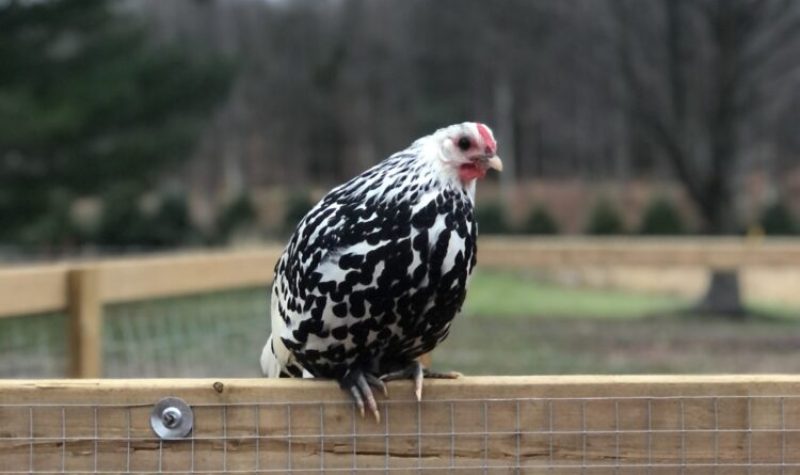After five years, the UrbanHens TO pilot program has council staff recommend shutting it down and putting it on indefinite hiatus at the upcoming city council meeting.
In a report released on April 12, city staff cite the labour cost of the program to safely administer the program to the whole city and the risk of avian flu as the main reasons why the program should no longer continue.
If they were to expand the program city wide, they would need to hire staff and allocate a budget that has not existed since the program started in 2018. They would need one supervisor and three animal control officers to accommodate the city, according to the report for a city-wide expansion. The estimated annual cost would be $493,760.
Currently, there are five whole wards that are allowed to keep backyard hens and only parts of ward 12, three and two. The report cites that in the last five years of the program, there have been a total of 18 property standards complaints, with six being from 2022.
In the report they compare this to the 594 service requests in the same time frame from properties not affiliated with the program. Of those service requests, 77 per cent were from chickens being prohibited animals.
There is a highly pathogenic version of the avian influenza that is currently spreading in Ontario. Dr. Esther Attard, chief veterinarian and director of Toronto Animal Services, says that with the chance of it spreading to the current Toronto hen population is enough of a concern to halt the program.
“Many have been hit in Ontario; it has affected 750,00 birds alone in the commercial industry. It is something of great concern,” says Attard.
At the time of publication, Attard says that no hen in the program has been reported with avian influenza.
If the program ends, the houses that are registered will be allowed to keep the hens they own until they die and can not get any more. There are currently 256 hens in the city between the 81 houses participating in the program This is down from 103 houses that began participating in 2018.
Listen below for the CJRU story on UrbanHens TO and the role avian flu is playing in ending the program:


